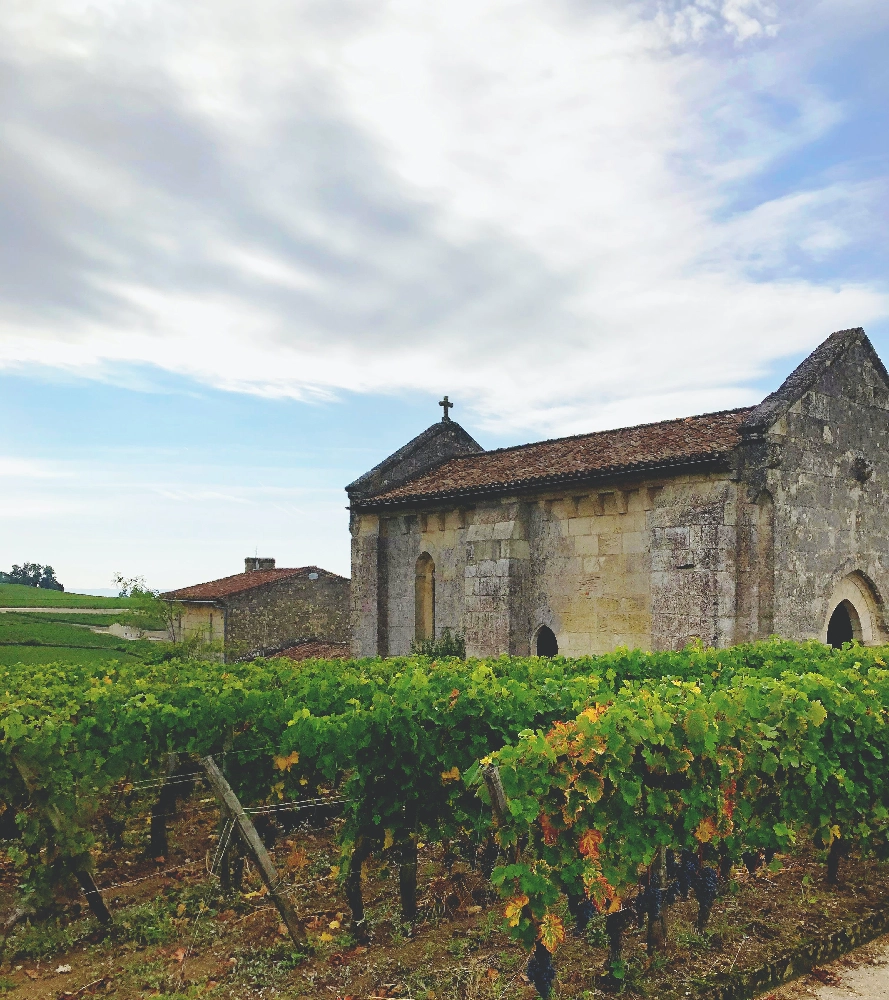
Slopes of Egialia Wineries & Wines Stats
Wineries
1
Wines
12
A Historical Review of Wine Significance in the Slopes of Egialia
Introduction: The Slopes of Egialia, located in the southern part of Greece, is an ancient and significant wine-producing region with a rich history dating back to antiquity. This region, which does not currently have any officially recognized sub-regions or appellations, has played a pivotal role in the development of Greek winemaking and viticulture. In this historical review, we will explore the significance of wines from the Slopes of Egialia, focusing on its grape varieties, wine styles, and culinary pairings.
Ancient History: The ancient Greeks recognized the Slopes of Egialia as a vital wine-producing region, with references to Egialean wines found in various historical texts. The region's close proximity to the city of Elis, which was known for its athletic competitions in ancient Greece, suggests that Egialean wines were likely consumed during these events. Wine production was an integral part of daily life in ancient Greece, with the Slopes of Egialia contributing significantly to the country's winemaking traditions.
Grape Varieties: While specific grape varieties grown in the Slopes of Egialia during antiquity are not definitively known, archaeological evidence suggests that several indigenous Greek grape varieties were commonly cultivated in this region. Some potential candidates include Mavrodafni (known as Black Corinthian in ancient times), Roditis, and Asyrtiko. These grapes continue to be grown and used for winemaking in the Slopes of Egialia today.
Wine Styles: Ancient Egialean wines would have been produced using traditional winemaking techniques. Red wines, made from the Mavrodafni grape, were likely full-bodied and aged for extended periods in amphorae (clay pots). White wines, made primarily from Roditis and Asyrtiko grapes, would have been lighter and crisper, with a focus on preserving the natural fruit flavors of the grapes.
Culinary Pairings: In ancient Greece, wine was not only consumed for pleasure but also used as an essential ingredient in cooking. The wines of the Slopes of Egialia would have paired well with various Greek dishes due to their distinct flavor profiles. Red Egialean wines would have complemented heartier dishes such as grilled meats, roasted game birds, and stews. White Egialean wines, with their crisp acidity, would have been an excellent match for lighter fare like fish, seafood, and vegetable dishes.
Conclusion: The historical significance of wines from the Slopes of Egialia extends far beyond the region's modern boundaries. As a vital wine-producing area in ancient Greece, the Slopes of Egialia contributed to the country's rich winemaking traditions and influenced the development of Greek culinary practices. Today, the region continues to produce wines that reflect its ancient heritage, showcasing the unique characteristics of its indigenous grape varieties.
